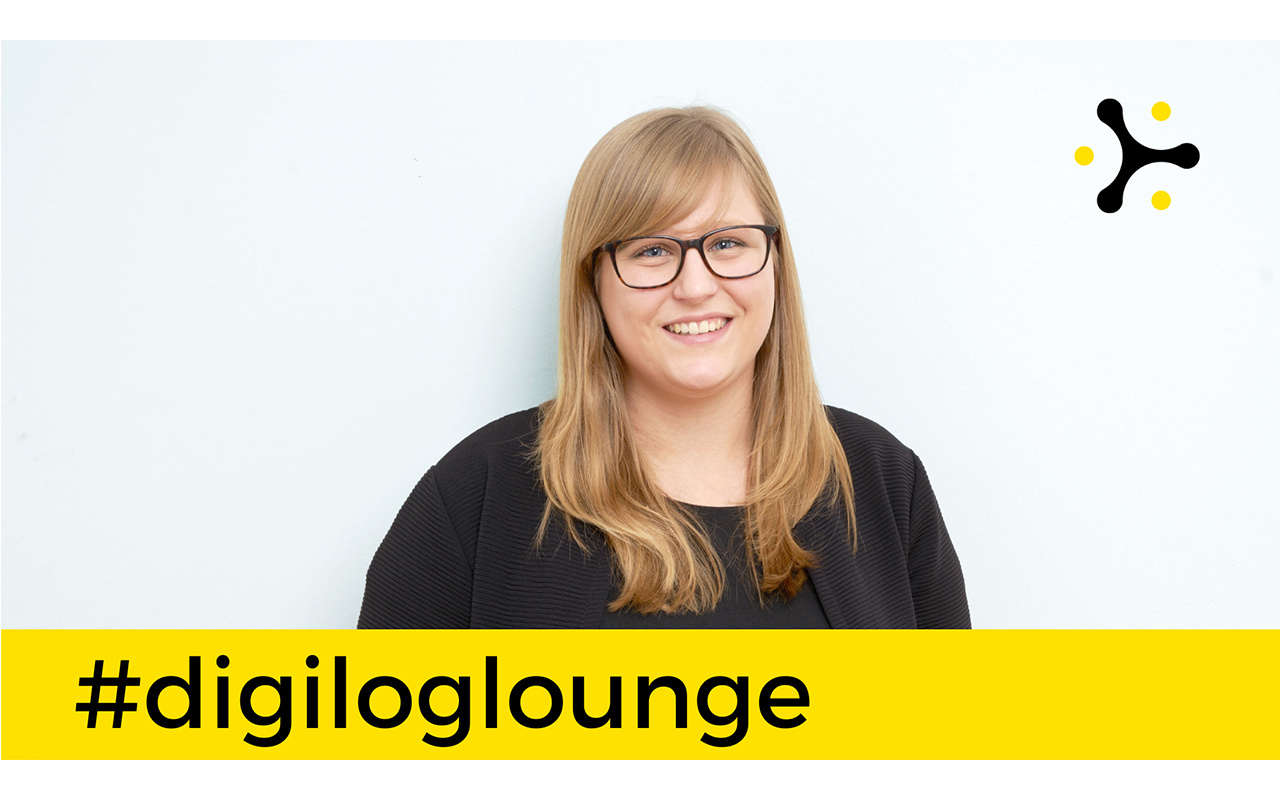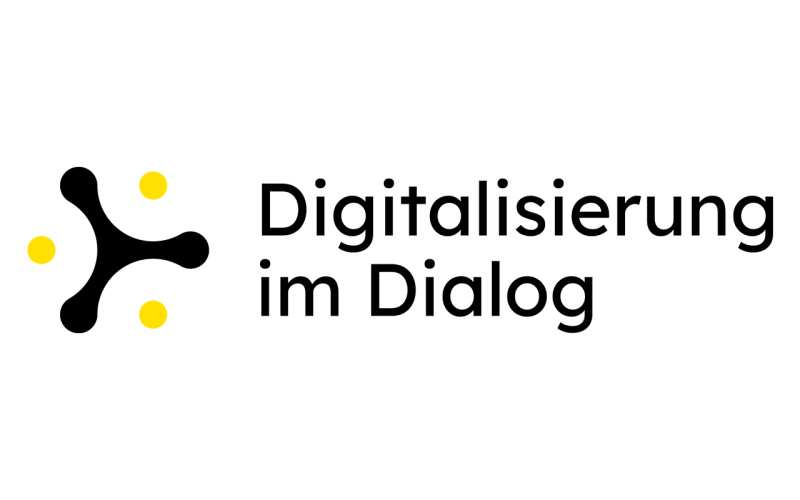»Alexa, explain the world to me!«
Digiloglounge Digital – How smart speakers are changing the way we search for information online
Thu, November 18, 2021 5:00 pm – 6:00 pm CET
- Location
- Online
- Language
- German
In this edition of Digiloglounge Digital, we talk about how smart speakers like Alexa or Google Assistant are changing the way we search for and evaluate information.
AI-supported voice assistants such as Alexa or Google Assistant are becoming more and more popular and are taking on an increasingly important role in the everyday lives of many users. The devices follow the idea of a virtual butler and are intended to make everyday life at home more digital, more comfortable and more convenient through their functions. The assistants are also increasingly being used for information searches on so-called smart speakers and thus represent an alternative to the conventional screen-oriented search engine.
However, audio responses from voice assistants differ from results displayed on a screen. Compared to a text-based search, where users receive a list of multiple search results that can be compared and assessed, smart speakers usually highlight only one answer. In addition, the source of the reproduced information is sometimes not mentioned, which makes it more difficult to assess the credibility of the information.
How smart speakers change the search for information and its evaluation has hardly been the focus of scientific interest so far and is now being investigated by the Leibniz Institute for Knowledge Media as part of digilog@bw. The lecture will give an overview of speech technology and its advantages and disadvantages for information search and insights into studies from the digilog project on the topic.
The event will be held in German.
The event is accompanied by the telegram group zkm_digiloglounge. We cordially invite you to ask your questions in the group chat until November 11!
Note: In order to join the chat group you have to register with Telegram in advance. You can find instructions here.
Guest: Franziska Gaiser studied media studies and German language and literature at the University of Tübingen, followed by a Master's degree in communication studies and media research at the University of Hohenheim. Since mid-2019, she has been a research assistant and doctoral candidate at the Leibniz Institute for Knowledge Media in Tübingen in the junior research group »Social Media«. As part of the digilog@bw project, she is working on AI-supported voice assistants as a source of information and how users perceive and evaluate information from them.
Moderation: Lena Schneider is a research assistant in the Communication and Marketing Department at the ZKM | Karlsruhe.
Event Website
Imprint
- Moderation

